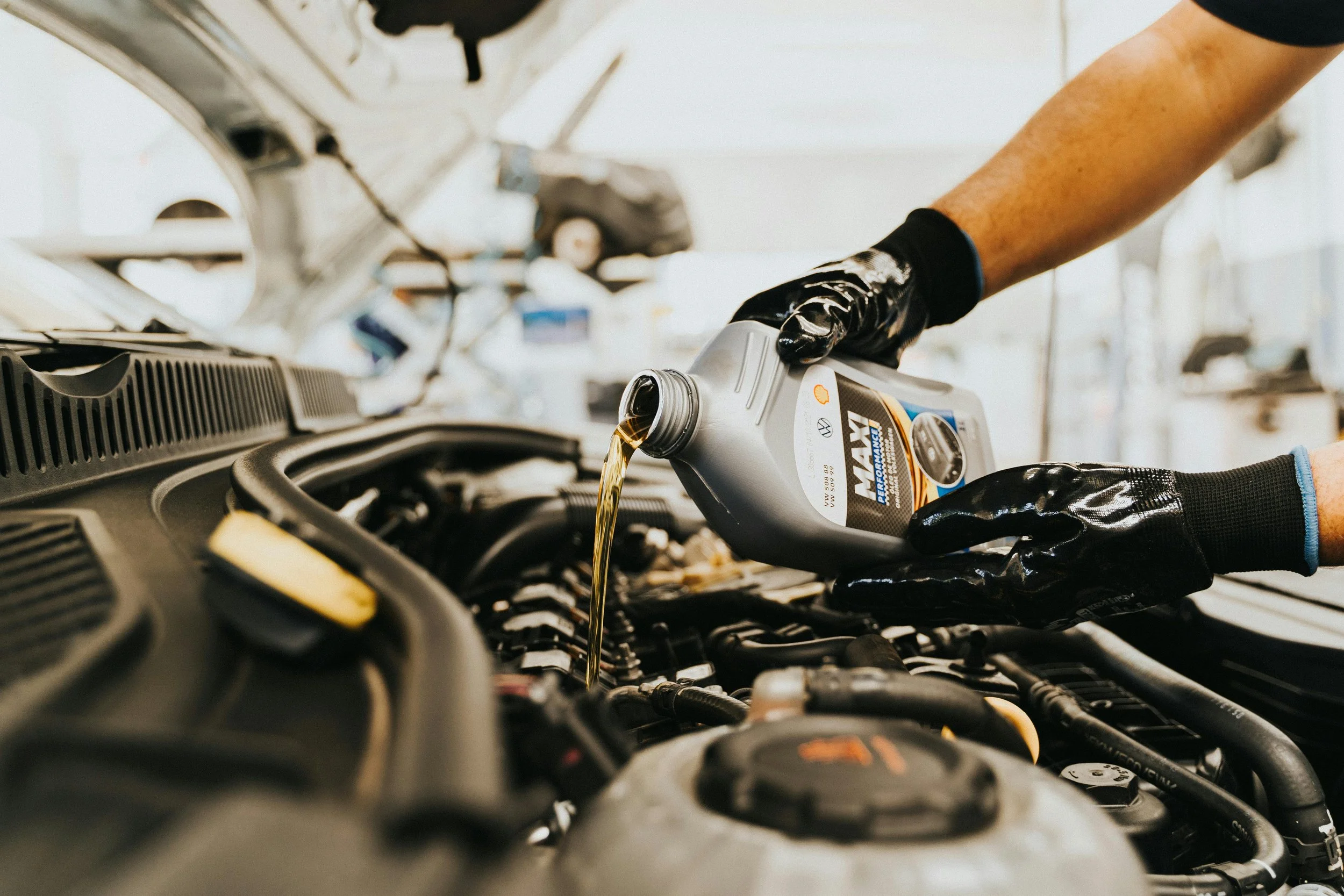Motoring experts reveal the essential maintenance task that has the biggest impact on car’s value
95% of vehicle technicians say that engine oil and filter changes is the maintenance task that makes the biggest impact on your cars value, new research find
Experts at Vertu share how often to change your oil, the key warning signs, and why professional servicing matters
Engine oil and filter changes are the most important task for preserving a car's value, according to automotive technicians.
In a study of its automotive technicians and mechanics, conducted by Vertu Motors, 95% chose engine oil and filter changes as crucial for maintaining a car’s value, followed by tyre pressure checks (5%).
However, with the rising cost of living, many drivers may be tempted to skip this crucial service to save money in the short term.
Calum Thomson, Group Aftersales Director at Vertu explains why this can be a false economy.
“Skipping an oil change is one of the most costly mistakes you can make. Over time, oil breaks down and gets contaminated with dirt, losing its ability to protect the engine's moving parts.
"This neglect leads directly to reduced performance and poorer fuel efficiency. Ultimately leading to catastrophic engine damage that costs thousands of pounds to repair.”
So, to help drivers maintain their car’s value, the experts at Vertu have shared their essential guide to changing your car's oil.
1. Know your maintenance schedule
While most manufacturers recommend a full service, including an oil change, once a year or every 12,000 miles, this can vary depending on the vehicle's age and the type of driving it does.
Your car’s handbook is the best place to find the specific recommended interval. However, if you frequently make short journeys, drive in heavy traffic, or live in an area with extreme temperatures, your oil may need changing more frequently. These conditions put more strain on the engine and cause the oil to degrade faster.
2. Watch for the warning signs
One of the most obvious signs your oil is no longer doing its job effectively is when the oil pressure warning light flashes on your dashboard.
However, there are more subtle signs to look out for. Listen for any unusual engine noises, such as knocking or ticking sounds, which can indicate that the oil is not lubricating the engine parts correctly.
You should also look out for an increase in exhaust smoke or a burning oil smell inside the cabin. If you notice any of these, it’s a clear sign that you should check your oil levels immediately.
3. Check the oil yourself
You don’t need to be a mechanic to check your oil, and doing so regularly can help you spot a problem before it becomes serious. It’s a simple process that only takes a few minutes.
First, ensure your car is parked on level ground and the engine is cool. Open the bonnet, locate the dipstick (it usually has a brightly coloured handle), and pull it out. Wipe it clean with a cloth, reinsert it fully, and then pull it out again. The oil level should be between the minimum and maximum marks.
4. Trust the professionals
While it's possible to change the oil yourself, taking your car to a qualified technician is the best way to ensure the job is done correctly. A professional garage has the right equipment to drain the old oil completely and dispose of it safely.
More importantly, a technician will know the exact grade of oil your vehicle requires and will use a high-quality filter. Using the wrong oil or a cheap filter can cause serious engine problems, so the expertise of a professional provides peace of mind that the work is done to the highest standard.
5. Document everything
Keeping a detailed record of all maintenance is vital for preserving your car's value. When you have your oil changed professionally, the service will be recorded in your vehicle’s service book, creating an official history.
A full-service history, complete with regular stamps for oil and filter changes, makes a used car far more attractive and can significantly increase its resale price. It shows you’ve invested in the car’s health, making it a more trustworthy purchase.

